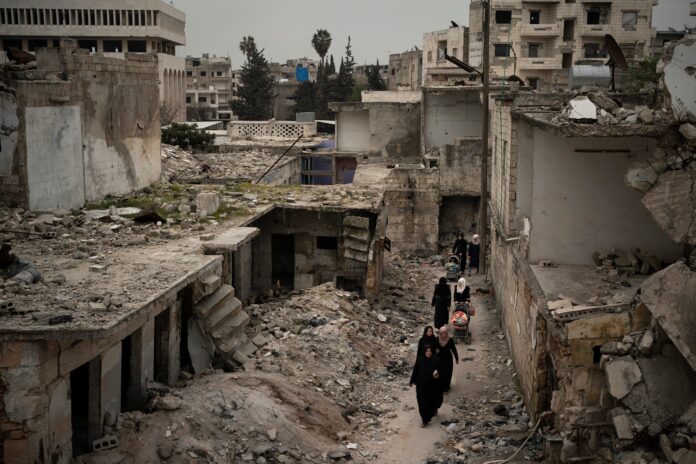Author: Jennifer Cafarella
Affiliation: Institute for the Study of War (ISW)
Organization/Publisher: ISW
Date/Place: March 11, 2020/ U.S.
Type of Literature: Analysis
Word Count: 2855
Link:http://www.understandingwar.org/backgrounder/testimony-crisis-idlib
Keywords: Idlib, Russia, Turkey, Bashar al Assad
Brief:
In her prepared testimony before the US House of Representatives Committee on Foreign Affairs, analyst Jennifer Cafarella (Institute for the Study of War) focused on the Russo-Turkish military confrontation over Idlib, calling upon the US to intervene and help Turkey to make an end to the humanitarian crisis in Syria. As Turkey seeks to build a safe zone in Idlib to repatriate Syrian refugees, back and forth military confrontations between Turkey and Russia—with Bashar’s pro-regime forces—re-triggered waves of refugees fleeing Syria towards Turkish borders. However, due to the Turkish military offensive in Idlib, Turkey could ultimately compel Russia to accept the March 5 “additional protocol” ceasefire deal that freezes front lines in Idlib. Because of the fragile and partial agreement between Russia and Turkey, the US has an opportunity to step in and help Turkey before Russia, Iran and Assad resume military operations. In doing so, the US can help Turkey and should: Provide Turkey with Patriot missiles to help establish a no-fly zone over Idlib, and evaluate requests for additional military support as identified by Turkey in order to strengthen Turkey’s defensive position; Lead fundraising efforts to provide basic relief aid to the displaced population for a period of multiple years; Pressure Russia through the UN Security Council by condemning Russian war crimes in Idlib, including deliberate civilian displacement. The author identifies that the US need not act alone, and that an American commitment to intervene would generate substantial European support which is already seeking to avoid a refugee wave from Syria.
By: Imad Atoui, CIGA Research Associat




